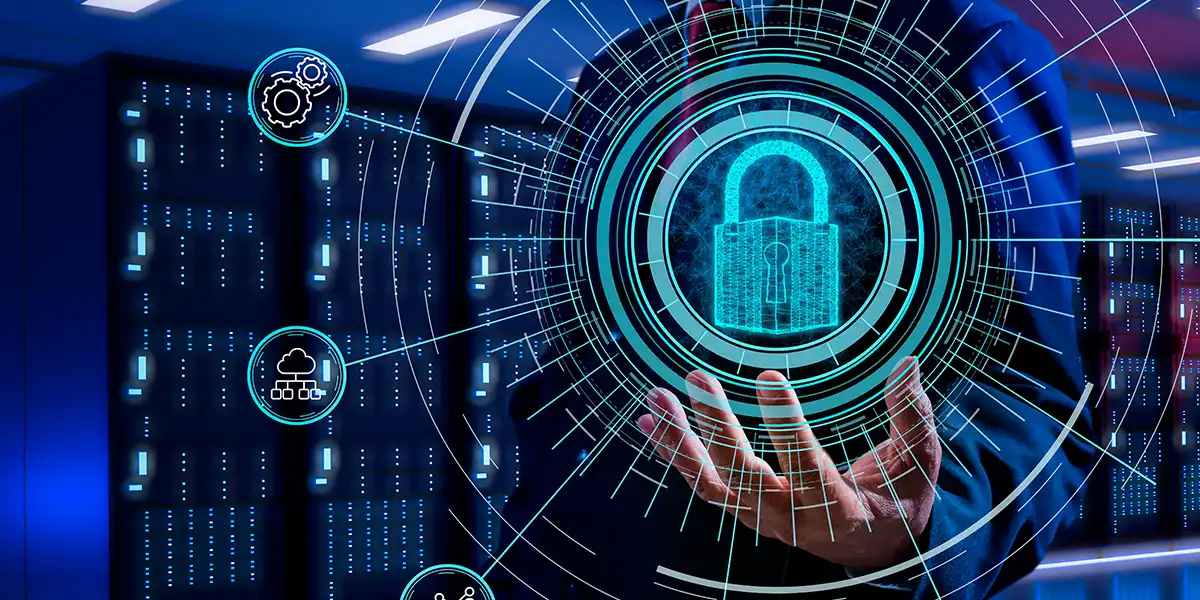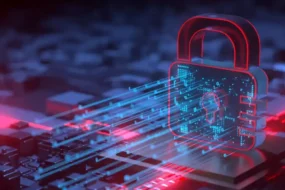
In the ever-evolving landscape of digital security, the emergence of biometric technology has ushered in a new era – a Biometric Lockdown. This paradigm shift transcends traditional authentication methods, promising unparalleled security. In this comprehensive exploration, we delve into the intricacies of advanced authentication and its pivotal role in fortifying our digital realms.
The Genesis of Biometric Security
Biometric authentication, rooted in the uniqueness of individual traits, has become the cornerstone of modern security systems. From fingerprint recognition to facial and voice authentication, these technologies offer a level of precision that surpasses conventional methods.
Fingerprint Recognition: Touch of Uniqueness
The ridges and valleys of our fingerprints form an exclusive code, making fingerprint recognition a robust and widely adopted biometric measure. As reported by renowned security experts [Source], this method has proven to be highly secure and nearly impossible to replicate.
Facial Recognition: A Gaze into Security
Advancements in image processing have propelled facial recognition into the mainstream. The ability to map facial features ensures a secure and convenient authentication process. According to [Industry Expert], this technology is becoming integral in various sectors, from mobile devices to surveillance systems.
The Inherent Security Advantage
Unlike traditional passwords and PINs, biometric data is unique to each individual, reducing the risk of unauthorized access significantly. This inherent advantage has prompted industries and individuals alike to embrace biometric solutions for safeguarding sensitive information.
Voice Authentication: Soundwaves of Security
The distinctiveness of our voice patterns adds an additional layer of security. Voice authentication systems analyze pitch, tone, and rhythm, providing a sophisticated yet user-friendly authentication method. As detailed in a recent study [Link], voice recognition is gaining momentum in financial and governmental sectors.
The Integration Challenges
While the promise of biometric security is undeniable, its seamless integration poses challenges. Compatibility issues, privacy concerns, and potential vulnerabilities necessitate a cautious approach in deploying these advanced authentication systems.
Privacy Concerns: Balancing Security and Individual Rights
As biometric data is inherently personal, safeguarding privacy is paramount. Striking a balance between security measures and respecting individual rights is crucial. Legislative frameworks, such as GDPR, aim to address these concerns [Legal Insight].
Future Outlook: Advancements on the Horizon
The biometric landscape is ever-evolving, with continuous research and development pushing the boundaries of what is possible. Future enhancements may include neuroauthentication and DNA-based recognition, marking the next frontier in digital security.
Final Words
In the Biometric Lockdown era, where security is non-negotiable, the fusion of technology and individual uniqueness stands as an impenetrable fortress. Embrace the future, where each authentication is a testament to the individuality that defines us. The Biometric Lockdown is not just a measure; it’s a testament to a more secure and personalized digital world.
Commonly Asked Questions
Q1: Are biometric systems foolproof?
While highly secure, no system is entirely foolproof. Continuous research ensures improvements, but cautious implementation is key.
Q2: What happens if my biometric data is compromised?
Biometric data is typically encrypted, but in case of compromise, it’s crucial to report and update your authentication methods immediately.
Q3: Can biometric systems be hacked?
While challenging, no system is entirely immune. Regular updates and robust cybersecurity measures are essential to mitigate risks.
Q4: How do biometrics benefit businesses?
Biometrics streamline access control, enhance employee accountability, and fortify data protection, making them invaluable for businesses.
Q5: Will biometrics replace traditional authentication methods?
While gaining prominence, biometrics may not entirely replace traditional methods. The future lies in multifactor authentication for enhanced security.
Advertisement








